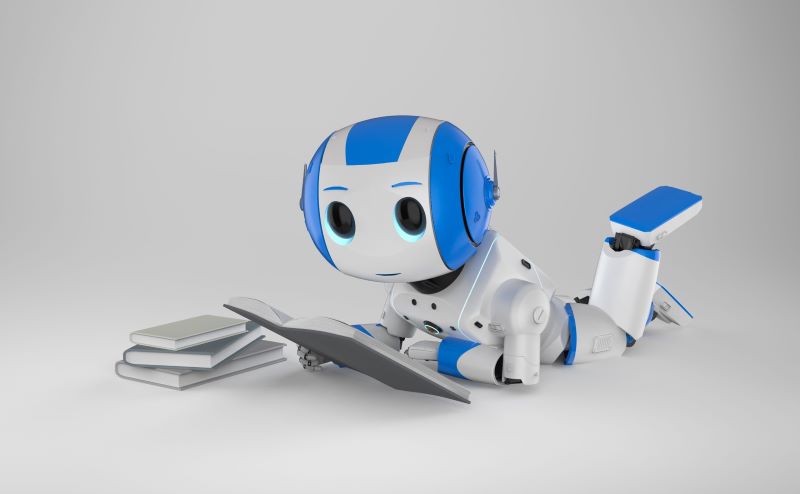Artificial Intelligence has a lot to learn. It is precocious and omnipresent, yet still trying to live up to the standards of its creators. Will AI and machine learning become self-aware? Will it replace us? Most concerning, will AI mature with compassion?

Replacing Humans?
Nish Parikh, CEO and Co-founder of Rangam, wrote the following in his story for Entrepreneur last week. “At the risk of sounding a tad presumptuous, I believe AI is not going to replace humans – just like the internet never took over the human world despite so many people raising the alarm that it would.”
With AI, computers can process immense amounts of data and call upon learned intelligence to make instantaneous decisions. We cannot ignore its advantages, and we are already committed. Chatbots, search engines, automobiles, appliances, and many technologies we take for granted operate with some level of AI.

Robots in the Medical Field
Look at Paro, a therapeutic robot that has succeeded in Japanese nursing homes. It resembles a furry baby seal and makes cooing noises when petted. It offers comfort to seniors with ailments such as dementia and helps them settle down and enjoy their day a little more.
Pepper, a humanoid robot, looks more human. It is small with an innocent face and can save caregivers time for other tasks by motivating residents to keep mentally and physically active. It helps with online research with a computer screen on its chest and leads exercise sessions.
Surgical assistance robots have existed for decades but are now commonplace. Mobile robots are now a common site performing tasks throughout a hospital or medical facility, traveling along a programmed track.

AI Don’t Do List
Regarding the question, “Will AI mature with compassion?” MIT Professor Max Tegmark offers a perspective published in Time Magazine earlier this year.
“If superintelligence drives humanity extinct, it probably won’t be because it turned evil or conscious, but because it turned competent, with goals misaligned with ours.”
He writes of his involvement with the AI safety research community that is trying to determine how to properly align AI’s goals with the best interests of humans.
“So far, we’ve failed to develop a trustworthy plan,” he says. “And the power of AI is growing. faster than regulations, strategies, and know-how for aligning it. We need more time.”
He proposes the following “Don’t Do” list for powerful AI:
- Don’t teach it to code: this facilitates recursive self-improvement
- Don’t connect it to the internet: let it learn only the minimum needed to help us, not how to manipulate us or gain power
- Don’t give it a public API: prevent nefarious actors from using it within their code
- Don’t start an arms race: this incentivizes everyone to prioritize development speed over safety
Back in May, OpenAI CEO Sam Altman testified before a Senate panel on AI, notably stating: “If this technology goes wrong, it can go quite wrong.” Senators were encouraged to work with AI leaders to establish regulations. If not now, in the near future.
Connecticut Senator Richard Blumenthal noted, “Our goal is to demystify and hold accountable those new technologies to avoid some of the mistakes of the past,” a reference to Congress’s past challenges to keep up with emerging technologies.

Understanding AI is Key to Regulation
In “The Future of AI” on Builtin.com, Northwestern University AI expert Kai-Fu Lee spoke about AI’s human abilities.
“It has no creativity and no capacity for compassion or love. Rather, it’s “a tool to amplify human creativity.” He suggests those with jobs that involve repetitive or routine tasks take a more active role in furthering their education.
Chief Innovation Officer at BTS, Peter Mulford, expresses his opinions in a recent LinkedIn story regarding government regulations for AI.
“By understanding how AI works, scrutinizing its data, and questioning its results, you can take the mystery and misery out of the technology and ensure you use the tools in a way that aligns with your values and is beneficial to your team today. Not to worry – the Government will catch up with you eventually.”
